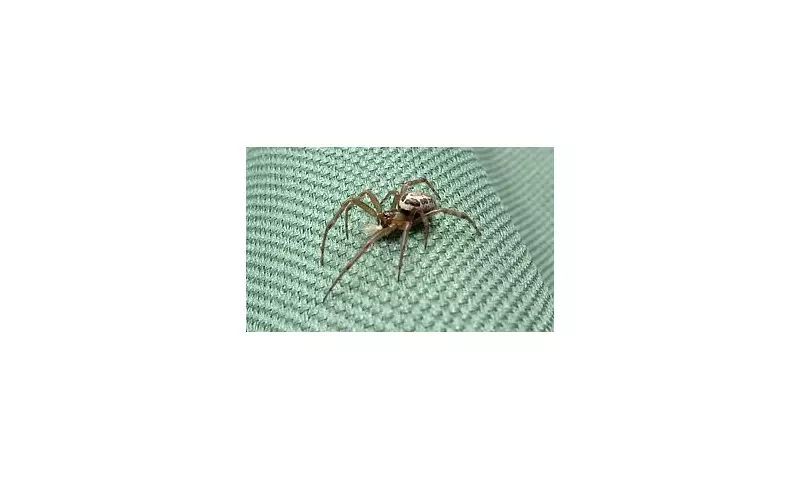
A surge in Britain's most venomous spider population is leading to increased warnings from experts as the country reports a rise in painful bites. The False Widow spider, Steatoda nobilis, is expanding its territory beyond its traditional southern strongholds, aided by a warming climate.
Originally from the Canary Islands, the species first became established in the UK over a century ago. However, recent mild winters and warm summers have created a 'perfect storm', allowing the spiders to thrive and reproduce in record numbers. They are now being found as far north as Scotland.
When Eight Legs Turn Nasty
While False Widows are not naturally aggressive and bites are relatively rare, they will defend themselves if they feel threatened—often when accidentally trapped against skin. Their bite, which uses neurotoxic venom, can have severe consequences.
Victims describe the initial sensation as a sharp, needle-like pain, followed by a range of symptoms that can include:
- Intense, throbbing pain around the bite site
- Swelling and redness that can spread
- Nausea and mild to severe headaches
- Tremors and reduced mobility in the affected limb
In the most serious cases, individuals have required hospital treatment for intense pain management and to treat secondary infections.
Know Your Eight-Legged Housemate
Learning to identify a False Widow is key to avoiding a nasty encounter. They are most easily recognised by their glossy, dark brown bodies and the distinctive, cream-coloured skull-like marking on their abdomen. Their legs are a deep reddish-orange colour.
These spiders are commonly found in and around homes, favouring quiet, undisturbed spots such as:
- Window frames and door frames
- Sheds and garages
- Under eaves and in garden furniture
- Among stored boxes and clutter
Living Alongside Britain's False Widows
Experts urge the public not to panic or attempt to eradicate the spiders, as they play a valuable role in controlling flies and other pests. The advice is one of cautious coexistence.
Do not attempt to handle them with bare hands. If you need to move one, gently coax it into a jar using a piece of paper and release it outside. Be vigilant when gardening or moving items that have been stored for long periods. Finally, seal cracks around windows and doors to help discourage them from wandering indoors.
As our climate continues to change, encounters with species like the False Widow are likely to become more common, making public awareness and education more important than ever.





